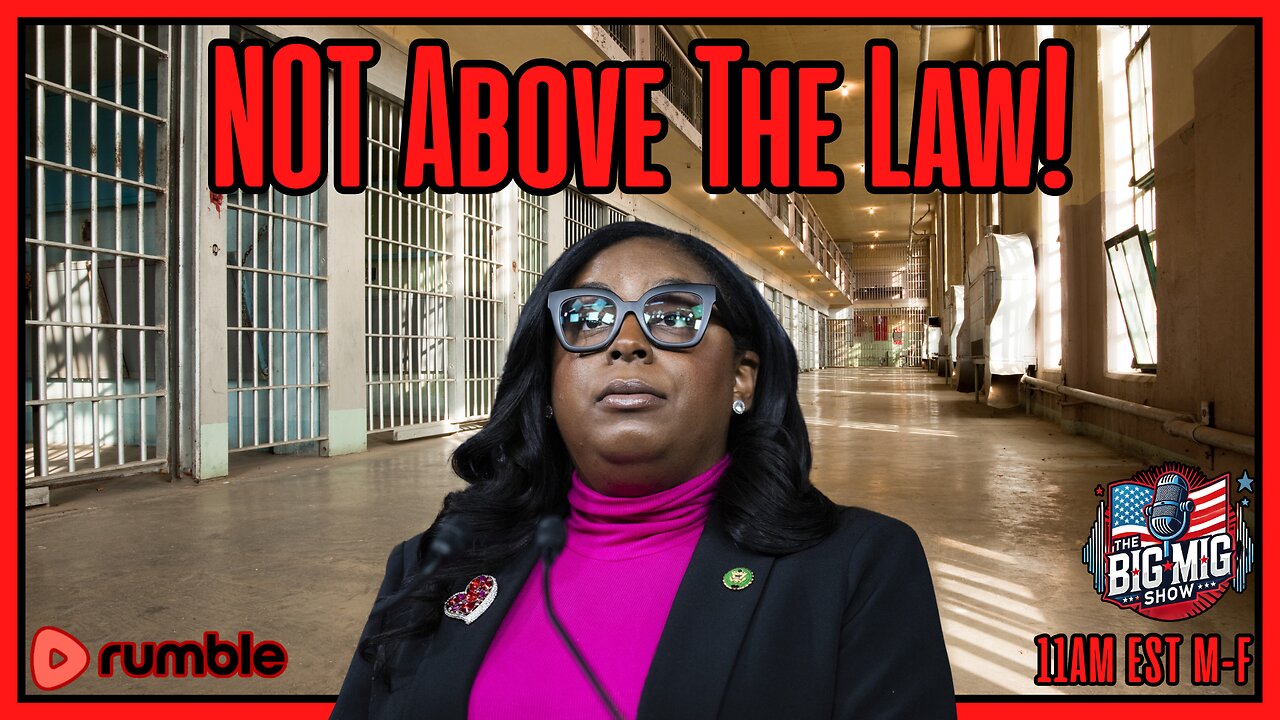Debunking a famous Christian phrase — and why that's good news for your faith


I don’t remember the first time I heard someone say, “Christianity isn’t a religion; it’s a relationship,” but I do remember I heard it sometime during my high school years. I graduated high school in 2001, and the saying had already made its way to my ears in south Texas. I don’t know how much earlier it had been circulated.
For the longest time, I loved that expression. I remember repeating it to others, and I’m fairly sure it showed up in early sermons that I preached.
“Christianity isn’t a religion; it’s a relationship.” It rang true to me because I was aware, even in my teenage years, of how suspicious many people were about organized religion. The expression basically said to people, “God wants a relationship with you through Christ. That’s what Christianity is all about.”
But false dichotomies are a real thing — and that expression is one of them.
I think the expression “Christianity isn’t a religion; it’s a relationship” is meant to be helpful and not dismissive of anything true. Those who use the expression are probably trying to cut through the negative impressions that some people have about religious practices and duties. They’re trying to show Christianity’s distinctiveness as something based on God’s grace rather than man’s works. And they’re trying to emphasize the good news that God has graciously pursued sinners through a redemptive plan that culminates in his son’s perfect atoning sacrifice. In Christ, we have a relationship with God that is characterized by pardon and life and peace.
But before you believe someone who says Christianity isn’t a religion, what’s the definition of a religion?
Defining terms is key in every discussion. And if someone is framing a “religion” as something that is inherently false and works-based, then Christianity isn’t that. But the definition of a religion is broader, more general.
Following Jesus is not some nebulous and vague notion that people can do no matter what they believe or how they live.
A religion is a set of attitudes, beliefs, and practices. These beliefs pertain to all manner of things, like whether there is a god and what the meaning of life is and whether anything happens after death.
Christianity is a religion because holy scripture identifies the attitudes, beliefs, and practices of Christians.
If someone says, “Christianity is about a relationship with God,” we should ask follow-up questions. What is this God like? What does a relationship with him entail? How is a relationship with God established? Where did Christianity come from? Why wasn’t this desirable relationship with God something we already had? What should be my response to this relationship?
Once we start asking and answering these questions, we’ve entered the realm of what Christians believe. And beliefs are integral to a religion.
Christianity also has practices. There are things like praying and fasting and giving and singing. There is assembling as God’s people for corporate worship. There is the Great Commission, in which Christ has called for his disciples to make disciples of the nations.
Following Jesus is not some nebulous and vague notion that people can do no matter what they believe or how they live. Christianity is a religion. We aren’t helping people when we distort what Christianity is.
And Christianity is also the good news about God’s merciful rescue of sinners — his unbreakable union with them by grace and through faith and in Christ. Praise God that Christianity has relational news! But God also has a relationship with non-believers — a relationship of enmity. Rebels against God are pursuing a hostile relationship with him. What sinners need is a new and reconciled relationship with God.
Christianity declares the good news of Christ being the way, the truth, and the life for sinners (John 14:6).
Don’t be reluctant to claim and explain that Christianity is a religion and a relationship. Rather than doing away with the term “religion,” we should incorporate the terms “true” and “false.” The Christian message is about true religion, true worship, true life. The man-made and works-based religions of the world are false because there is no other god but the living God who has revealed himself in Christ Jesus.
As we help people understand what it means to trust and follow Jesus, we should want to avoid speaking in a way that over-individualizes discipleship. After all, some people have a spiritual allergy to gathering together, submitting to authority, and living obediently. They like a “me and Jesus” version of Christianity because it costs them nothing, and they can maintain life as they see fit while claiming to be “spiritual but not religious.”
When we say that “Christianity is not a religion; it’s a relationship,” we unwittingly play into the problem of individualization that plagues the lives of many professing Christians.
Does Christianity teach about God’s new relationship with sinners through faith in Christ? Yes. But is Christianity still a religion? Of course. In fact, it is true religion. It is the true worship of and obedience to the living God. And it involves the understanding that Christ has redeemed a people from the nations for his glory. He has laid down his life for his bride, the Church.
When we help people understand what it means to trust and follow Jesus, we need to be sure we’re honoring what scripture teaches about discipleship. We are to follow Jesus with the people of Jesus.
This essay was originally published at Dr. Mitchell Chase's Substack, "Biblical Theology."
Originally Published at Daily Wire, Daily Signal, or The Blaze
What's Your Reaction?
 Like
0
Like
0
 Dislike
0
Dislike
0
 Love
0
Love
0
 Funny
0
Funny
0
 Angry
0
Angry
0
 Sad
0
Sad
0
 Wow
0
Wow
0









































































